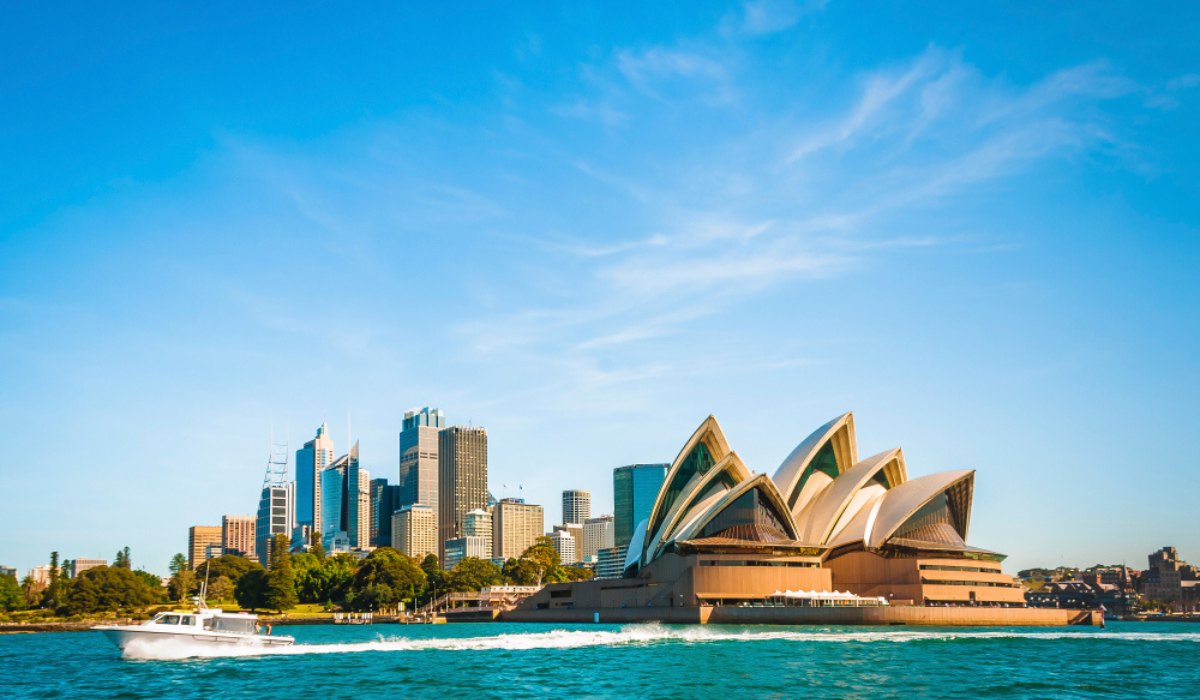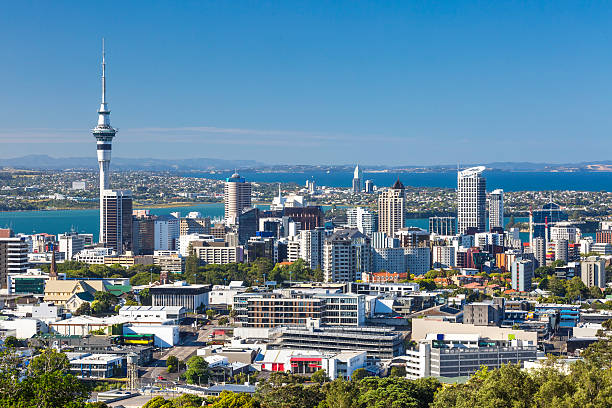Tuvalu Travel Guide: All you need to know to visit Tuvalu in 2025
Welcome to Tuvalu
Tuvalu is a small island nation in the Pacific Ocean, comprising nine coral atolls and islands. The country is midway between Australia and Hawaii and part of the Polynesian sub-region of Oceania. Here’s some detailed information about Tuvalu:
Geography: Tuvalu is a small island nation in the Pacific Ocean, consisting of nine coral atolls and islands. The country’s total land area is only 26 square kilometers, and its islands are very low-lying, with the highest point being just 5 meters above sea level. Tuvalu has a tropical climate, with temperatures ranging from 26 to 32 degrees Celsius throughout the year. The islands are vulnerable to the impacts of climate change, particularly rising sea levels and more frequent and intense storms. Tuvalu’s economy relies heavily on foreign aid, remittances, and fishing licenses. The country also has a small tourism industry, attracting visitors to its beautiful beaches and coral reefs.
Climate: Tuvalu has a tropical climate, with temperatures ranging from 26 to 32 degrees Celsius throughout the year. The country experiences two main seasons – a wet period from November to April with a dry period from May to October. During the wet season, Tuvalu is prone to tropical cyclones and heavy rainfall, which can cause flooding and damage to infrastructure. Rising sea levels and more common and intense storms due to climate change significantly threaten the islands. The country is also vulnerable to droughts during the dry season, affecting water availability and agriculture.
Population: Tuvalu has a population of around 11,800 people, making it one of the smallest countries in the world by population. Most of the population is of Polynesian descent, and the official languages are Tuvaluan and English. The capital and largest city is Funafuti, home to around half of the country’s population.
Economy: Tuvalu is a small island nation with a limited economy heavily reliant on foreign aid, fishing licenses, and remittances from overseas workers. The country’s main exports are fish and copra, but its small scale means it has limited capacity to compete in international markets. Tuvalu has been working to diversify its economy and reduce its reliance on foreign aid, with the government focusing on promoting sustainable development and investing in infrastructure such as renewable energy and telecommunications. In addition, the country has been exploring the potential for tourism as a source of economic growth. However, the industry still needs to grow due to the country’s remote location and limited infrastructure.
Culture: Tuvaluan culture is deeply rooted in Polynesian traditions and beliefs. The people of Tuvalu are known for their skilled traditional handicrafts, such as weaving and carving, and their traditional music and dance. The ano, a type of traditional wrestling, is a unique sport popular in Tuvalu. The country also celebrates several cultural festivals, including Tuvalu Day and Independence Day. Tuvaluans value family and community; gatherings such as feasts and ceremonies are essential to their culture. The traditional language of Tuvalu, Tuvaluan, is still widely spoken, and English is also an official language.
Government: Tuvalu is a parliamentary democracy with a constitutional monarchy. The monarch of Tuvalu is also the monarch of the United Kingdom, represented in Tuvalu by a governor-general. The parliament elects the prime minister, who heads the government.
Tourism: Tuvalu’s tourism industry is relatively small but offers visitors a chance to experience the country’s unique culture and natural beauty. The islands boast pristine white-sand beaches, crystal-clear waters, and diverse marine life, making it an excellent destination for snorkeling and scuba diving. Visitors can explore the capital city of Funafuti, which is home to the country’s only airport and several historical and cultural sites. Traditional handicrafts, such as woven baskets and mats, can be purchased at local markets. Visitors can also experience Tuvaluan cuisine, which features a variety of fresh seafood and tropical fruits. However, due to the country’s remote location and limited infrastructure, tourism in Tuvalu is not as developed as in other countries in the region.
Recent History: Tuvalu has been experiencing the impacts of the COVID-19 pandemic, with the country implementing strict border controls and quarantine measures to prevent the spread of the virus. In addition, Tuvalu has continued to grapple with the challenges posed by climate change, including rising sea levels and more common and intense storms. The country has addressed these challenges through adaptation measures and international advocacy, including at the United Nations Climate Change Conference. Tuvalu has also been working to diversify its economy and reduce its reliance on foreign aid, with the government focusing on promoting sustainable development and investing in infrastructure such as renewable energy and telecommunications.
Related Articles

5 min read
Must-See Spots in Australia : Top Places for First-Timers
Australia, often referred to as the "Land Down Under," is a vast and diverse country that attracts millions of travelers from across the globe. From its vibrant cities and iconic
Read More
5 min read
How to Experience British Culture Like a Local
Britain is a country rich in history, traditions, and culture. While tourists often visit famous landmarks like Buckingham Palace, Big Ben, and the Tower of London, experiencing British culture like
Read More
5 min read
New Zealand Introduces Key Changes to Post Study Work Visa : What You Should Know
According to the government, this change will provide students with greater flexibility in their academic choices while ensuring they remain eligible to work. For many students, studying abroad is a
Read MoreBefore entering Tuvalu, Indian citizens need a permit. Visas are available at Tuvalu or the consulate located in India.
- Choose the Tuvalu visa category you need
- Pay online
- Please send us your documents using pick up and drop off service
- Upon approval, receive your visa
Between 1 to 2 months
Validity goes up to 90 days within the first 180 days.
One has to apply for an extended stay or residence permit before the expiry of the short-term visa to extend one visa in France.
While citizens of many other countries are required to acquire a visa before they arrive in Tuvalu for short visits, including family, tourism, and business, Indians are not eligible for a visa on arrival in Tuvalu. They must therefore obtain a visa in advance.
Tuvalu travel checklist
- A currency
- Travel adapters
- Medications
- Travel documents
- Emergency contact information
- Transportation option
- Travel essentials
